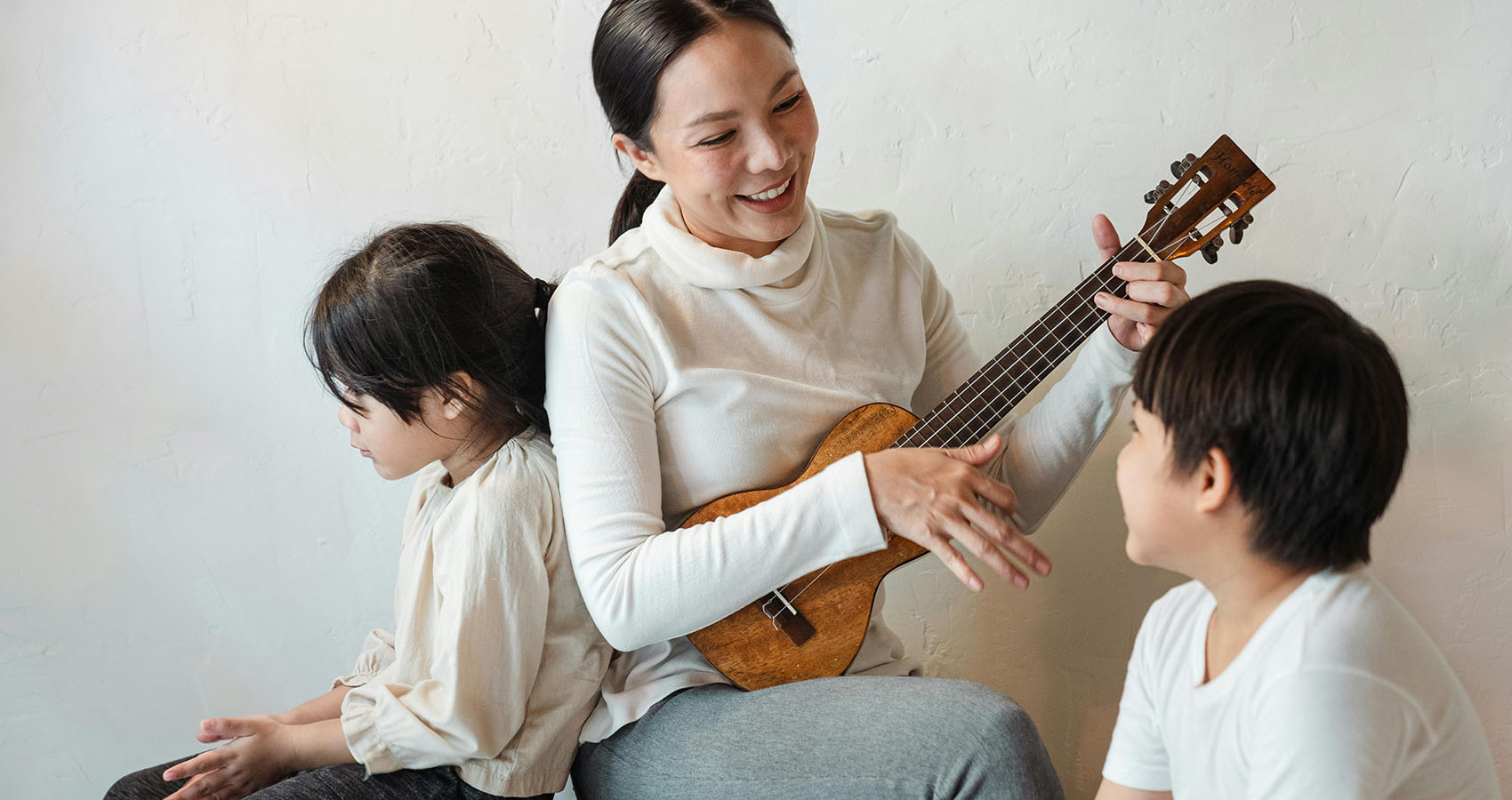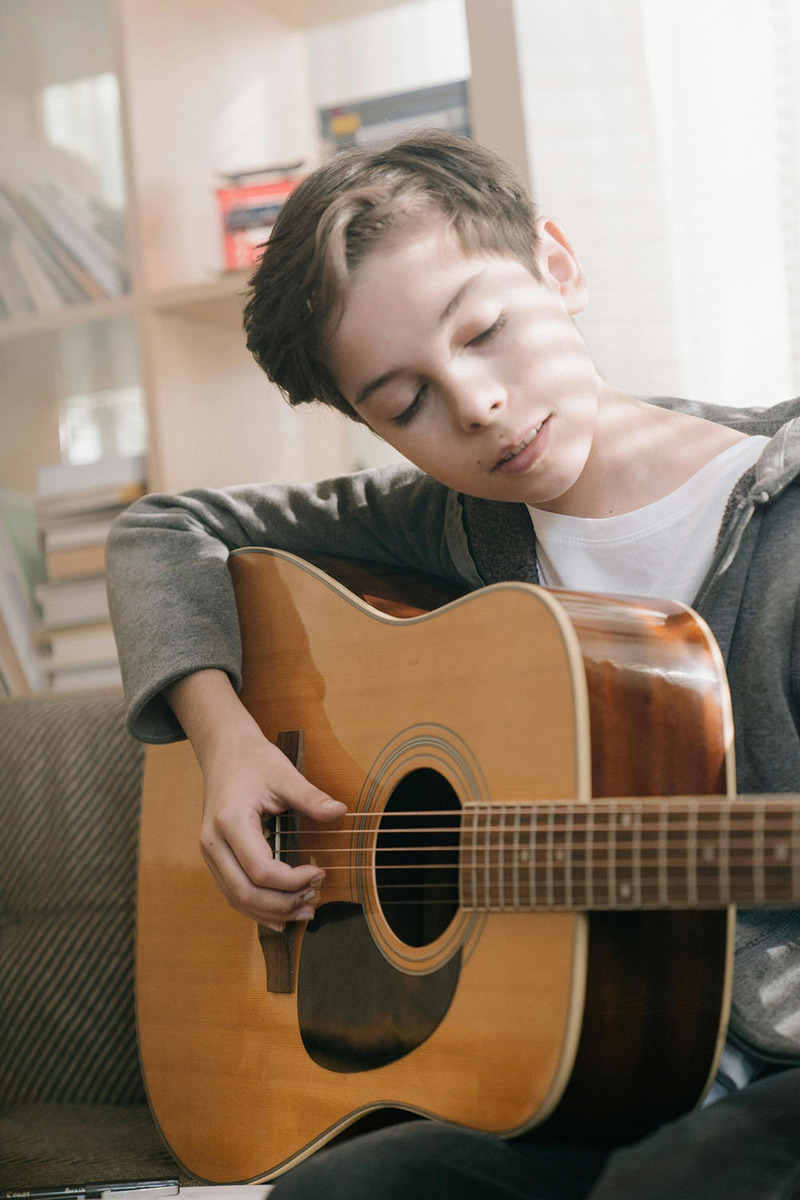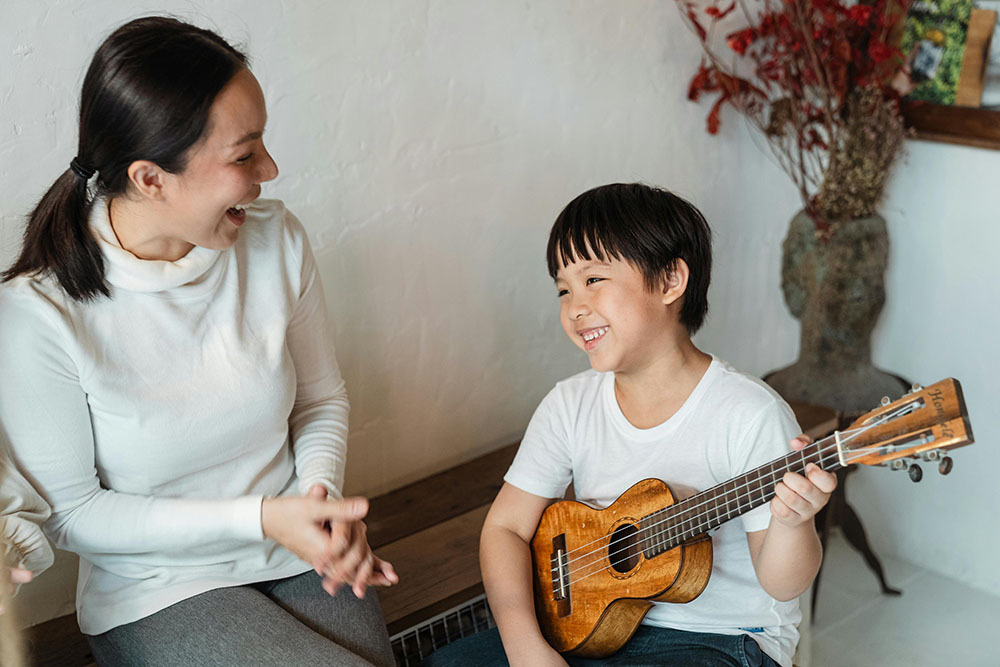
5 Ways to Support Your Child’s Musical Development
Enhance musical skills and confidence with these engaging strategies.
Music can be an effective way for children to reach cognitive milestones and teach them important life skills such as following directions, paying attention, and participating in group settings.
Assisting your child on their musical journey can be both thrilling and gratifying. It is crucial that you provide support, encouraging them to practice regularly, and finding ways to keep up with practice schedules.
1. Encourage Active Listening
Practice active listening skills as one of the cornerstones of developing communication abilities both inside and outside the classroom. This technique involves empathizing with others while encouraging them to share their experiences with one another.
Listening is more than simply hearing what someone says; it requires reflecting back what has been said in order to ensure accurate understanding and asking pertinent questions that encourage further dialogue. Furthermore, active listening entails minimizing distractions and maintaining open body language to demonstrate to another that you are truly paying attention.
Children who struggle to listen may benefit from receiving appropriate treatment or support to enhance their active listening capabilities, such as ADHD, anxiety or depression. By increasing their listening abilities through active engagement in listening sessions.

2. Attend Live Performances
Music provides children with an enjoyable way to express themselves and discover their interests. Children can explore their creative side by playing their favorite songs on piano or guitar and tapping into their creative potential - it also helps build self-confidence!
Exposing children to live performances related to their musical interests can encourage regular practice sessions and build their confidence, especially for those who may feel intimidated when performing in front of an audience.
Invite your child or make it a family activity, and attend live music shows together. Discuss what they like or dislike about the performance and encourage critical thought on what they hear; this can help your child articulate his or her opinions more easily about music.
3. Sing and Play Music with Your Child
Your children are natural music-makers. From cooing along to nursery rhymes or dancing along to their favorite tunes, your little ones are developing their singing voices while learning to match tempos and rhythms.
Children also develop fine motor skills through playing finger plays such as "Open, Shut Them" and dancing to songs like "Head, Shoulders, Knees and Toes". Because children are particularly attuned to the emotional nuances of music, it is especially important that we expose them to songs celebrating different cultures and traditions.
Play world beat music to your child and encourage them to move their body to its rhythms. Your child can explore musical patterns by creating a musical scavenger hunt using household items - for instance, an oatmeal box makes an excellent drum, and an empty plastic container filled with beans makes an excellent substitute maraca!

4. Get Professional Help
If your child is passionate about music, consider seeking professional assistance in the form of instrumental or vocal lessons to hone their abilities and find their musical voice. Whether they are drawn to the violins, piano, or another instrument, this will allow them to further hone their musical talent.
Make sure to recognize their musical milestones! From learning a new piece, performing for family and friends, or participating in music competitions and events, positive reinforcement will fuel their passion for music while inspiring them to continue improving.
Add music into their daily lives by playing background music during meals and playtime or singing songs during playtime or sing-alongs, giving them the feeling that music is an integral part of their lives while showing them your support for their passion for it. Doing this may also help them develop rhythm and melodic patterns more naturally.
5. Encourage Collaboration
No matter their musical ability, students benefit from working collaboratively. Furthermore, they learn the important skill of giving and receiving feedback as part of their educational experience.
Toddlers enjoy rhythmic exploration activities such as clapping and drumming, while early elementary children respond well to songs that encourage large motor movement, such as Hoppin' On a Farmer in the Dell. As children get older, they thrive on musical challenges, which develop their vocabulary, sentence structure, understanding of history or culture, as well as music-based lyricism challenges.
As your child matures, they may be ready to pursue more formal music education -- this might include joining a choir, taking dance classes, or studying an instrument with a private teacher. Whatever path they decide upon, having you as their musical role model is key!
Discover how tо nurture your child's musical talents with these 5 engaging strategies. From active listening techniques tо attending live performances, each approach fosters a love оf music and supports your child's development. Plus, find out how enrolling them іn a reputable music school іn Toronto can further enhance their skills and confidence оn their musical journey.











